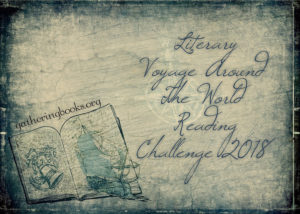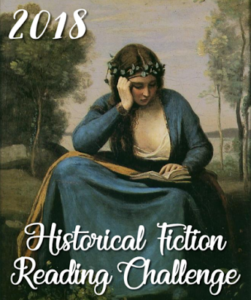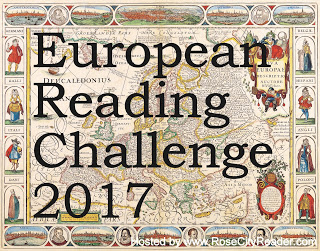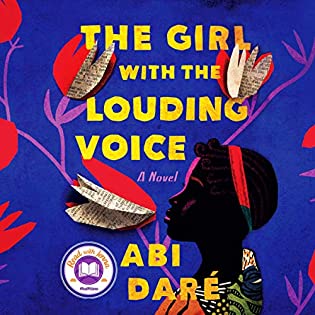 The Girl with the Louding Voice by Abi Daré
The Girl with the Louding Voice by Abi Daré Narrator: Adjoa Andoh
Published by Penguin Audio on February 4, 2020
Genres: Contemporary Fiction
Length: 12 hours 6 minutes
Format: Audio, Audiobook
Source: Library
Buy on Amazon, Buy on Bookshop
This post contains affiliate links you can use to purchase the book. If you buy the book using that link, I will receive a small commission from the sale.
Goodreads
The unforgettable, inspiring story of a teenage girl growing up in a rural Nigerian village who longs to get an education so that she can find her “louding voice” and speak up for herself, The Girl with the Louding Voice is a simultaneously heartbreaking and triumphant tale about the power of fighting for your dreams.
Despite the seemingly insurmountable obstacles in her path, Adunni never loses sight of her goal of escaping the life of poverty she was born into so that she can build the future she chooses for herself - and help other girls like her do the same.
Her spirited determination to find joy and hope in even the most difficult circumstances imaginable will “break your heart and then put it back together again” (Jenna Bush Hager on The Today Show) even as Adunni shows us how one courageous young girl can inspire us all to reach for our dreams... and maybe even change the world.
This book is fantastic. I picked it up as part of the Book Voyage Challenge. The March book is a book set in Africa, and the recommendation for this one was so compelling that I decided to pick it up, and I’m so glad I did. Adunni is an inspiring heroine. The other characters in the book are complex—never just straight “bad” or “good,” they’re a realistic mixture of both. Daré even manages to help the reader feel compassion for her antagonists.
I listened to the audiobook and cannot compare it to the print text, but I thoroughly enjoyed Adjoa Andoh’s narration. Some listeners might have trouble with Adunni’s dialect, but I found as I listened that I got an ear for it and could follow the narration without too much trouble.
I’ve read a couple of critiques about this book, the gist of which is that the plucky girl who wants an education is a trope in Nigerian fiction. I can’t speak to that as I simply don’t have enough reading experience, but perhaps those who have read more might agree that the story is predictable and cliché. That was not my experience, but it seems that plenty of other reviewers felt that way. One criticism I’ve seen that I don’t think is fair is how Adunni sometimes waxes poetic. Dialect is no indicator of intelligence, and just because she is uneducated doesn’t mean she isn’t poetic.
I thoroughly enjoyed this book, and I’m glad I read it.
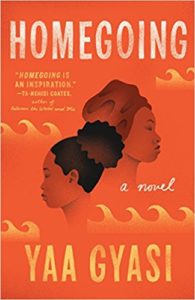 Homegoing by
Homegoing by 